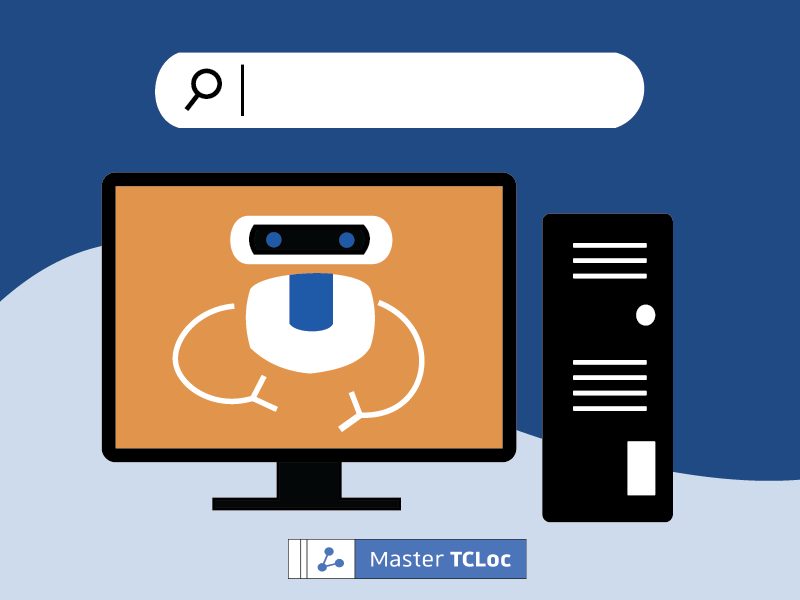Ethical decision making in SEO, broadly aligns with considerations in digital marketing ethics. When implementing Ethical Decision Making for SEO Best Practices, delivering on what is advertised, avoiding upselling, and prioritizing quality content to drive conversions are paramount. Additionally, adhering to organic search results and maintaining transparency with clients are generally considered ethical best practices in the field. SEO operates within a dynamic landscape shaped by search engines and technological advancements, necessitating responsiveness and adaptability. However, this adaptability also introduces the potential for embedding implicit bias and cognitive bias from SEO technicians, clients, and search engine owners into the final product.
Cognitive Bias and Construal
Ethical decision-making in SEO and digital marketing is subject to cognitive bias through:
- Financially motivated products for wicked problems. Success is largely driven by financial incentives and metrics, private interests and conditions are designed by search engine owners.
- SEO practices in market economies, preferentially favor clients who can pay to have their content optimized, further changing the type and availability of information. This shapes the information landscape of the internet toward market influencers and already successful entities.
- SEO does not take place in a vacuum or only once but continuously in a fiercely competitive open market environment. This compounding effect of a knowledge economy in global competition has far reaching implications for information landscapes and the downstream availability of information for end users.
- SEO practices preferentially respond to corporate and private interests and shape those uses of the internet which favor monetized activity, information, and behaviors.
- The interests of the user are minimized for the marketing and SEO team if their presence results in a conversion or sale.
Collectively, these issues paint a problematic future for ethical technology use, SEO practices, and the Internet at large. The ongoing monetization of information and consumer data for digital marketing practices has resulted in the commodification of online behavior and the commodification of human behavior generally.
Ethical Decision Making Framework
To improve ethical decision making and take responsibility as shapers of the future information landscape, SEO practitioners should use an ethical decision-making framework such as the following from the Markkula Center for Applied Ethics at Santa Clara University.
- Identify the Ethical Issues
- Get the Facts
- Evaluate Alternative Actions
- Choose an Option for Action and Test It
- Implement Your Decision and Reflect on the Outcome
Detailed example questions and further material are found in the linked article.
The collective motives and efforts of digital marketing and SEO have conditioned a search engine bias in which the most frequently viewed and seen pages have all been adapted to adaptive search engine algorithms. The specification of which has been established by hegemonic players that primarily source revenue from advertising and data markets.
Search engines no longer search an unbiased internet for page results. The queries have been conditioned through advertising and branding campaigns to be fed back to the search engine by consumers. The majority of users are unaware of the construal that the underlying digital infrastructure and economies have on their search results. As an ethical imperative for current and future content developers, marketers, and SEO technicians, carefully consider the impact of your products and business on the shape and health of future information landscapes and worldviews. Ethical Decision Making for SEO Best Practices demands a conscious effort to mitigate biases and uphold principles of transparency and fairness in shaping the online environment.



